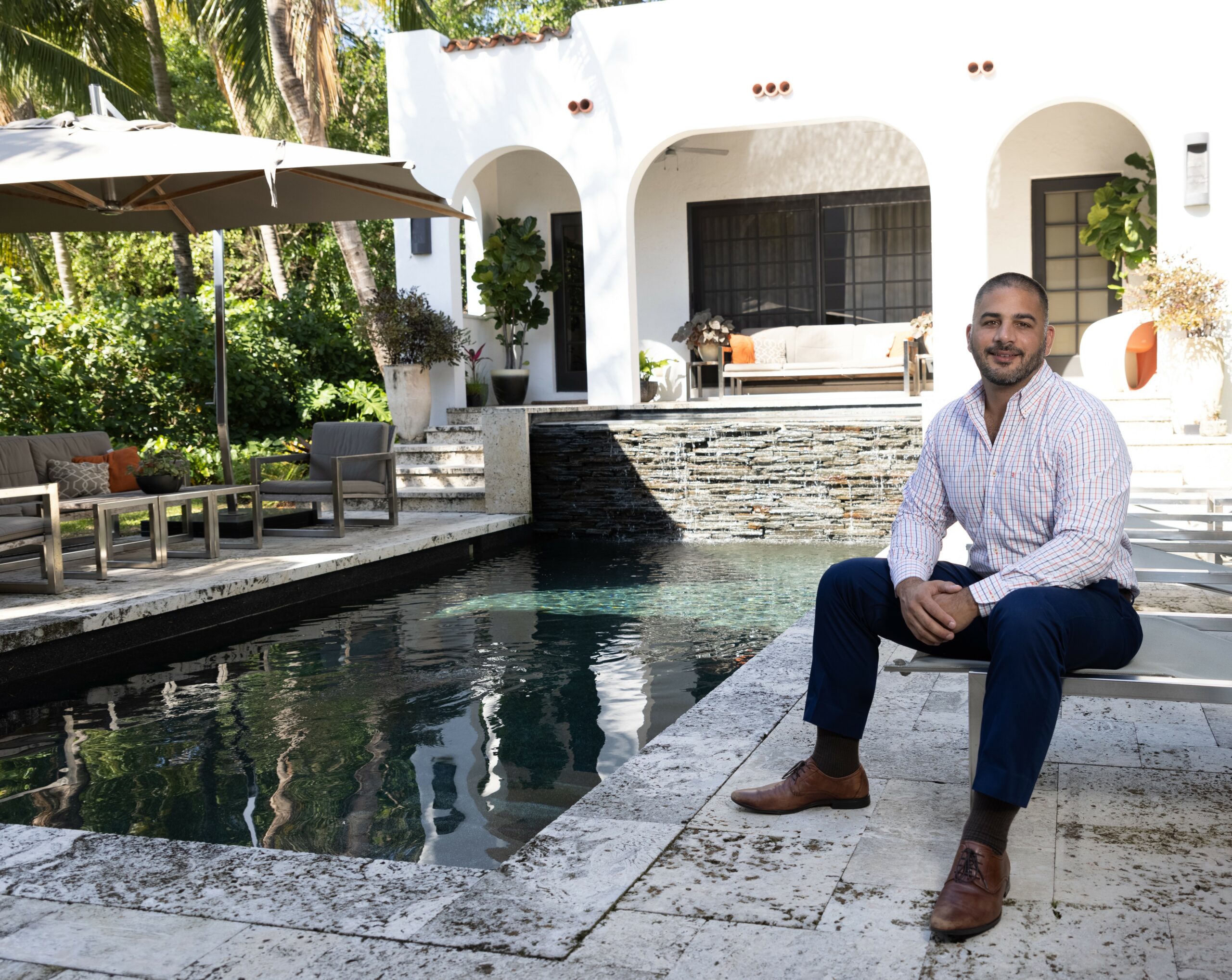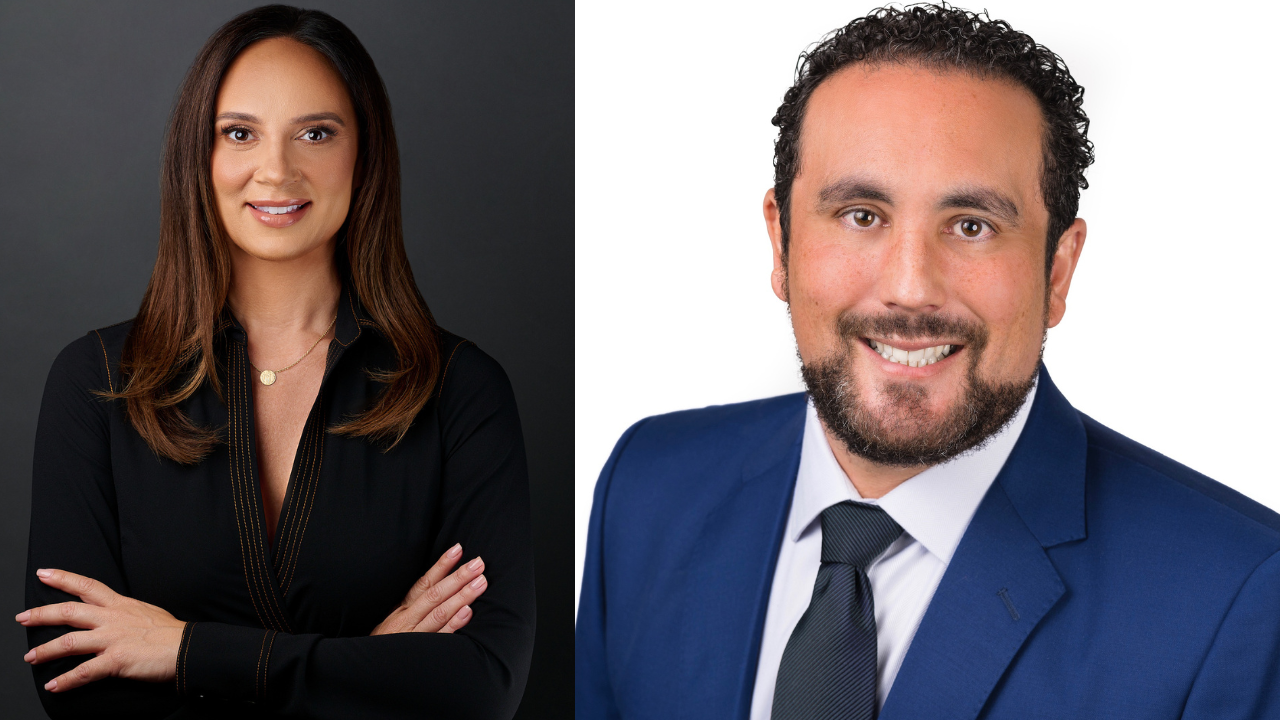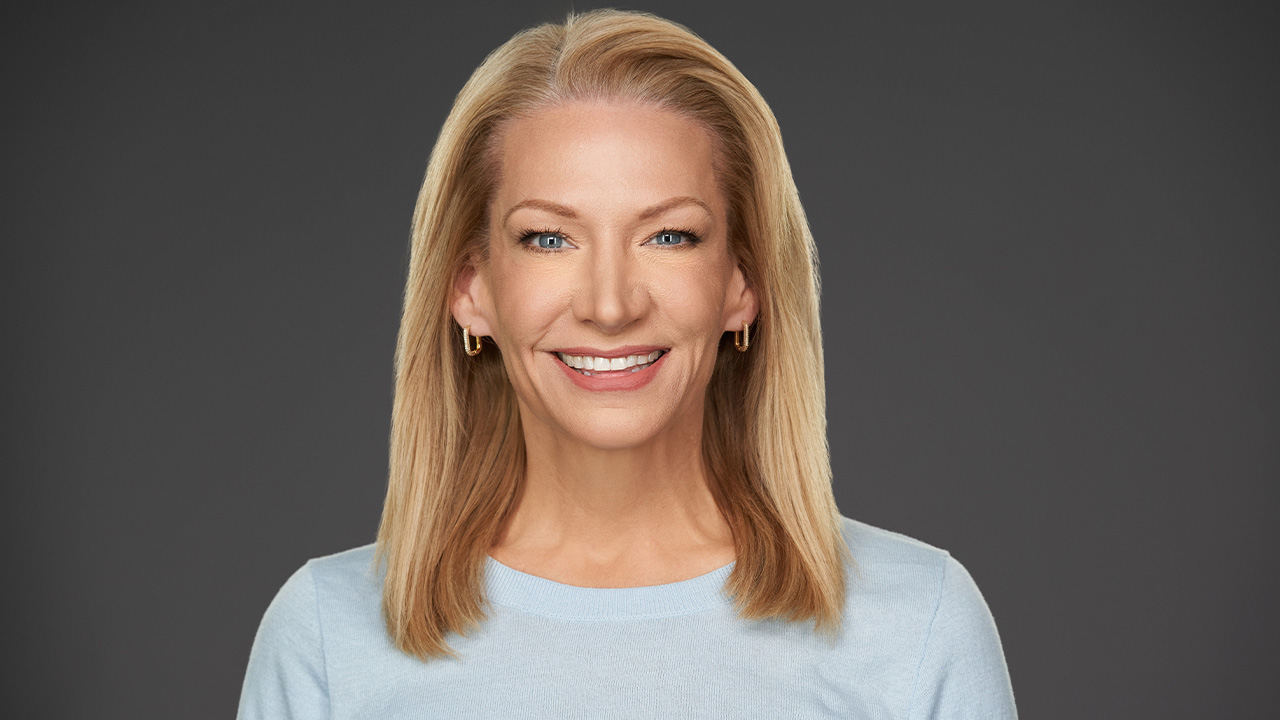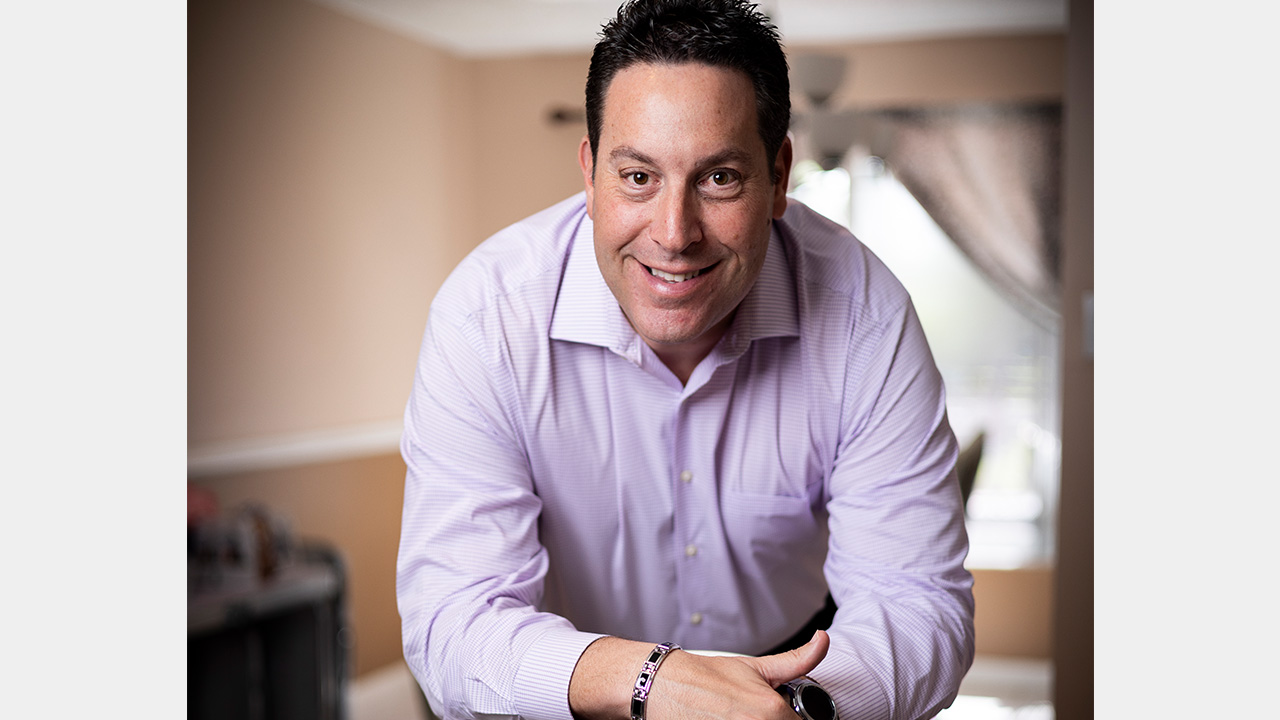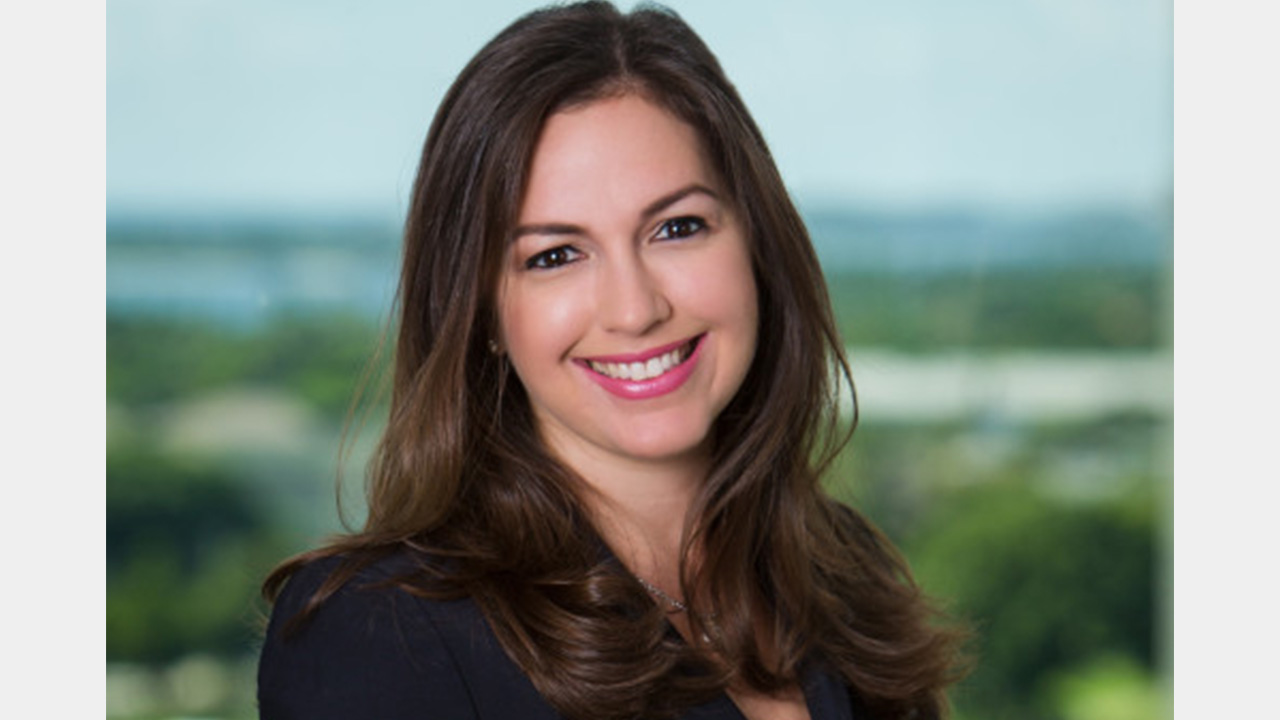“Miami is a big place,” says Brian Rokicki. “But especially if we’re looking at greater downtown Miami Beach, it’s not that big of a place.” The always-busy real estate agent refers, of course, to the city’s influx of new buyers and renters, causing inventory shortages and rising prices the likes of which he’s never seen. But as a transplant himself, Rokicki might be the ideal person to help.
After several years working in mortgage and finance, the Boston native moved into real estate development, dividing his time between New York and Miami. He came south, and became a full-time Realtor in 2013. “Anybody can go to Zillow or Trulia,” he says. “Our job now is to guide clients. Where to buy? Where not to buy? We need to have the resources to provide our clients so they make the best decision.”
Last summer, Rokicki launched the Royal Palm Advisory Group, remaining under the Compass umbrella while building his own curated team. Here, he shares the ins and outs of high-stakes bidding battles, cultivating patience, and putting himself in his clients’ shoes.
So, how difficult is it to find a place to live?
It’s pretty crazy out there. I have a lot of empathy for buyers and renters right now because a lot of people are living in short-term scenarios, or with family or with friends or elsewhere because they can’t find a house. There is definitely a shortage and it has definitely trickled down to rentals now, too.
Who are these new Floridians?
The majority of them already had a foot in the door. They were considering it in the past, or have spent a lot of time down here. A lot of my clients have decided to downsize. Let’s say they are in New York, DC or Chicago; they get a small place there and have their primary residence down here. Of course, there are the tax reasons. But a lot of people are open to the idea of spending the majority of their year here.
Are they becoming more flexible in order to close?
If something is worth $500k and they have to pay $540k to get the deal done, they’re like, “It’s fine.” There have been a lot of those. That’s what’s causing this market to go up. People are sick of getting outbid. Offering way over ask is a convenience fee for knowing they have a place and it’s solidified. This is usually after losing property after property. Hunters get to the point where they say, “We need to get rid of the appraisal contingency; we need to have a super-short inspection period.” And that’s when things get done. It’s the same with rentals.
How so?
I have been showing one client two-bedroom rentals in Edgewater and downtown for four months and we got outbid seven or eight times. There was a two-bedroom in Edgewater for $3,100. It was listed for 12 hours and they already had 12 offers on the table, most sight-unseen. My client was in New York. I ran over and I FaceTimed him and he said, “Let’s put in an offer for $3,500,” and I said, “That’s a nice even number that people are going to say. I think it’s going to go for higher.” We just got confirmation that he got it for $3,600. But that was after losing seven places. There’s just so much competition now. If you have a dog, good luck finding a rental. If you’re self-employed and not a W-2; if you don’t have hundreds of thousands in the bank; if you have anything against you—a credit score in the 600s, say, which isn’t bad—landlords are going to immediately look elsewhere.
You’ve seen similar competition among buyers?
Everybody wants a house now and prices have come up considerably. I’m talking up to 30% in the past year—and the past six months have seen a really steep incline. The common thinking for South Florida real estate—which has been true—is wait until off-season when nobody is looking. But the market is stronger now than it has ever been. Everybody’s preparing for the fall and winter.
What kind of numbers are you seeing?
You’re starting to see houses listed for $1,200 a square foot in Miami Beach. I set a record a couple of months ago for a house in a Miami Beach neighborhood at $1,050 a square foot. That house was impeccable, and since then more homes have sold for even more per square foot. You used to be able to get a decent house up in North Miami Beach in the mid-$500s. Now they are all in the mid-$600s.
Same for condominiums?
Condos are a different story—creeping up a lot slower because there are many more of them. Since COVID-19 started, the condo market is definitely up between 8% and 15%, depending on the building and on the desirability of the view and so forth. But there’s a lot less inventory. Most properties listed have tenants and they have a lease so you’re waiting.
It must make the agent matter even more.
When my clients want to buy something, I put myself in their position and say, “Would I buy this, if it was my money?” and I have no problem saying no. Some clients get a little trigger-happy after they lose a condo and they’ll say, “Well, let’s just try that one, I don’t care.” And I will say, “Hold on—inventory comes and goes. Don’t rush. Get the right place.” And that builds trust.
Photo: For the buyer, Brian Rokicki closed a $3 million sale on this 2,800-square-foot Miami Beach home. Photo by Brett Hufziger.


